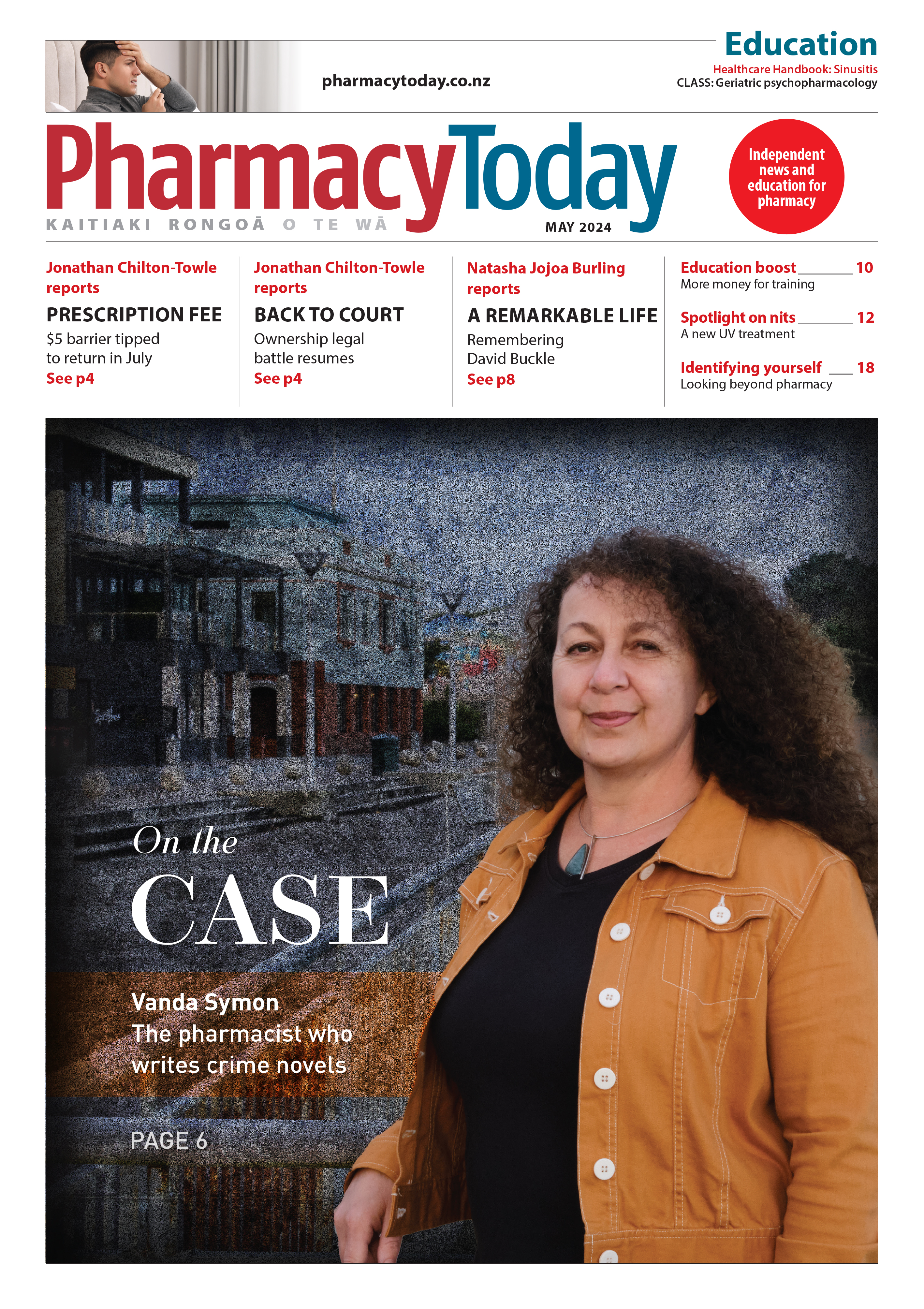This article, written by Sidhesh Phaldessai, provides an overview of geriatric psychopharmacology, including the epidemiology of mental health disorders in the older population, the physiological changes that occur with ageing and their impact on pharmacokinetics and pharmacodynamics, and the use of psychotropic medications in older adults
Thousands of Kiwis with Severe Asthma Given Access to Newly Funded Medicine
Thousands of Kiwis with Severe Asthma Given Access to Newly Funded Medicine

Thousands of Kiwis at higher risk of death from a severe form of respiratory disease will be able to access a newly funded medicine for the disease.
Asthma affects more than one in eight New Zealanders, with international research showing up to 10% of those diagnosed classified as having a difficult-to-treat form of the disease. Some people living with severe asthma have too many eosinophils in their lungs – a type of white blood cell – which can make their asthma worse by causing inflammation in the lungs.1-4
Researchers have estimated the prevalence of severe eosinophilic asthma (EA) in New Zealand at 4.9% of all asthma cases (over 39,000 patients), with the prevalence of this form of severe asthma highest in Maori.5,6
Research shows the risk of dying from asthma is seven times greater among those with severe EA than those without the condition, with the cost of treating these patients triple the cost of those without severe disease.6,7
Eosinophil cells are a natural part of the body’s immune system which fight infections. In patients with EA, the white blood cells cause inflammation and swelling in the airways and respiratory system. The higher the levels of eosinophils in the blood, the more severe the symptoms of asthma. Often these patients have more frequent and severe exacerbations and a poorer quality of life.8
A NZ Government funding boost for the treatment of severe EA in patients 12 years and over will provide funded access to a medicine called Fasenra (benralizumab), which is designed to target and remove eosinophils, a key cause of severe asthma.9
Fasenra has been shown to help prevent asthma attacks, improve breathing and reduce the use of oral steroids in this patient group. 9
CEO of Asthma NZ Katheren Leitner says the organisation has been concerned for some time about the lack of attention paid to the treatment of asthma, a disease affecting more than 12% of the population and claiming up to 122 lives every year.1
“As a country we have normalised suffering from asthma which makes absolutely no sense at all when it is possible to live well with asthma for most. Access to medicines which improve quality of life and reduce the harshness of a severe exacerbation is vital if we are to continue making progress in the treatment of severe asthma,” says Leitner.
Benjamin McDonald, AstraZeneca New Zealand and Australia Country President, says the Government’s boost to funding for Fasenra will give respiratory disease specialists a new preventative treatment option that may help reduce the heavy burden of asthma on New Zealand’s health care system.
“The decision to make Fasenra available for patients with severe eosinophilic asthma will not only help improve overall treatment outcomes for these patients, but it will also enhance quality of life for those living with this debilitating disease,” McDonald says.
McDonald says AstraZeneca has been working collaboratively with the medical community, patient organisations, Pharmac and the NZ Government to ensure patients across New Zealand living with chronic, terminal and rare diseases have access to medicines that may help with the management of their disease.





